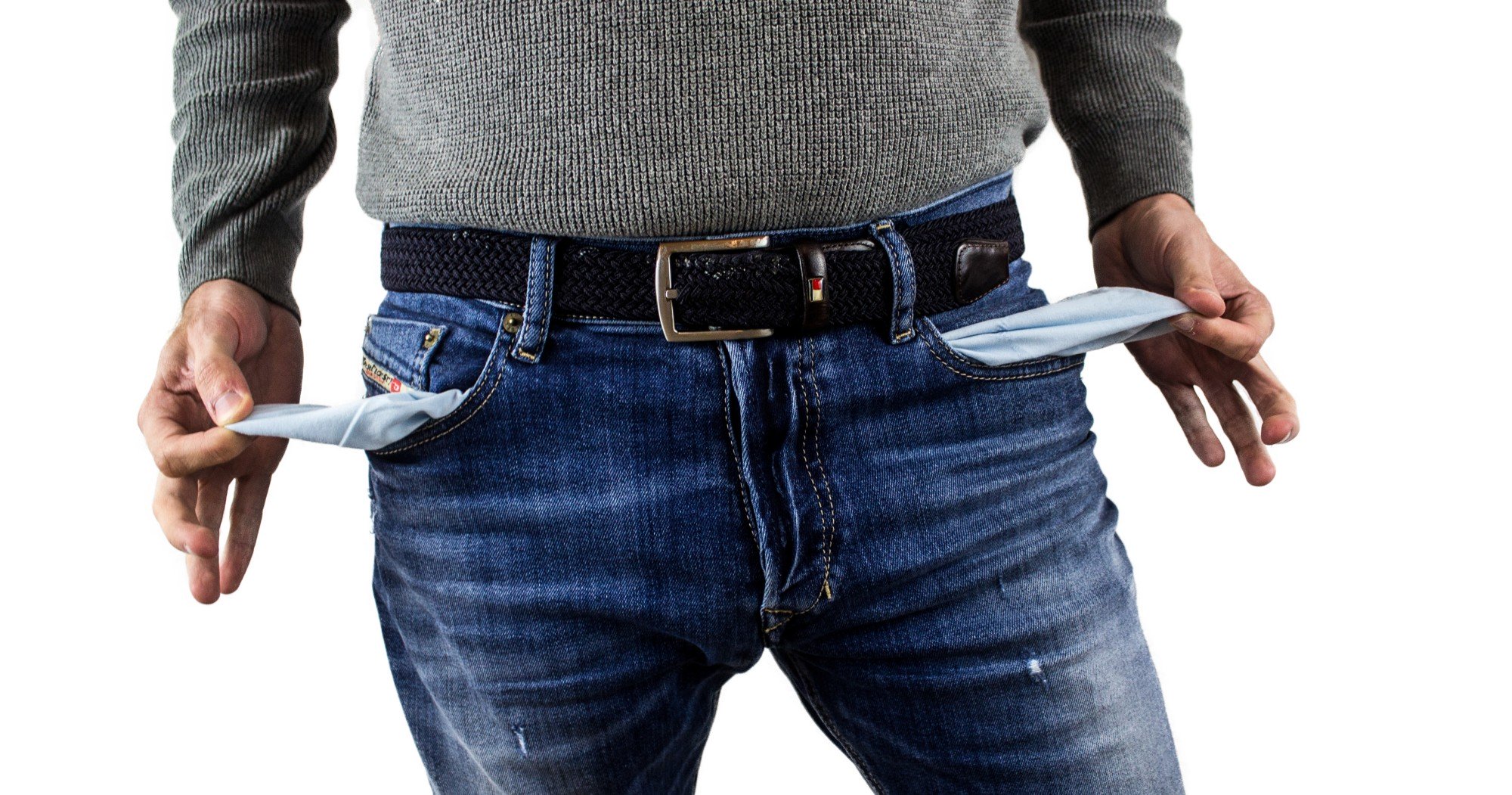
Payday loans can help bail you out of difficult situations, but what happens if you don’t pay back a payday loan?
It’s an uncomfortable question, but if you intend to use the service, you need to know.
Why? Because payday loans are just like bank loans. You have to pay them back, and if you don’t, the lender can come for your bank account, wages, or your property.
Keep reading to learn more about what happens if you default on a payday loan and why talking to your lender is not only, but also the best thing you can do.
What Happens if You Don’t Pay Back a Payday Loan
Payday loans are like any other type of bank loan in one way: paying them back isn’t an option. You can’t default and walk away, and payday lenders have options available to them to make sure they get the money back. Most use automatic withdrawals from your bank account to recover their losses.
If you don’t pay the money back and don’t make an effort to contact the lender, then the lender will then take one of several actions.
Some lenders, like Captain Cash, extend your loan and charge you a fee. For each missed payment, your loan gets extended by two payments (one for the principal and one for the NSF charge). However, Captain Cash allows you to skip the NSF charge if you make up the payment in five days.
Other lenders will do things like:
- Send you letters
- Call you to remind you about the debt
- Get in touch with references used to apply for your loan
If the lender tries to withdraw payments, but your bank declines them, they might break the payments down into smaller sizes and try again. Each fee can result in more charges against you – by the lender and your bank.
What Else Can Payday Lenders Do to Collect?
Payday lenders can also sell your debt on to a debt collection agency. These agencies are less scrupulous in the ways they attempt to collect the payment. They are more likely to call you enough that it almost – but not quite – constitutes harassment. They may even show up at your workplace.
If you cannot pay either the lender or the debt collector (if the debt gets sold), then they may take you to court. Collections agencies are happy to sue for even small amounts of money because they know that many borrowers won’t show up.
If a lender or debt collector notifies you of a lawsuit, then you should show up. If you don’t go to court, then the judge automatically rules in favor of the complainant. Then, you really have to pay because they can levy your bank account, garnish your wages, or put a lien on your car or house.
Wage garnishment and bank levies can make life very difficult and leave you struggling to make rent, pay bills, and put food on the table. They are also much more challenging to get out of than payment plans.
If you can’t make a payment, you should always talk to your lender.
You Have Options: What to Do if You Think You Might Miss a Payment
If you are unable to make a payment, then do the same thing you would do if you missed a mortgage or car payment: talk to the lender. Do not ignore it because ignoring the problem will make it worse 100 percent of the time.
Your payday lender can help you work out a new payment plan by renewing the loan. The renewal incorporates the remaining amount due plus interest, fees, and late payment fees. It’s not a new loan – just a new payment plan.
In a case where you can’t reach a new agreement, or you still can’t afford to pay, you should explore other options.
What should you do next?
What to Do if Your Payday Loan Leaves You Feeling Destitute
No matter what, you should always be sure that you meet your basic needs before paying back a payday loan. Making one or two payments on a small debt is not worth losing your apartment or not feeding your family.
If you feel like you have no options, consider getting in touch with a local community assistance group. These groups help struggling families get out from under other debt and ensure they stay in their homes. They can help with groceries, rent, mortgage payments, and more.
Then, consider enrolling in credit counseling or visiting a legal aid center. Canada offers many non-profit debt solutions that can help you not only deal with your payday loan debt but reshape your finances so that you no longer rely on payday loans to make ends meet.
In most cases, one payday loan isn’t worth filing bankruptcy, and many Canadian agencies are willing to help you before you reach this point. But if your debt makes up half your monthly income and you owe more than, then you may want to begin considering the potential for bankruptcy.
Default Doesn’t Have to Be Inevitable
We can preach about responsible borrowing all day, but sometimes, life gets in the way. A loan that you thought you’d repay in a week begins to look out of reach.
What happens if you don’t pay back a payday loan? If you communicate with your lender, it can be relatively painless. You pay a fee and then pay it back when you can. But if you try to ignore it, you could end up in more and more debt.
At Captain Cash, we understand that life gets in the way of even our best intentions. That’s why we make sure that you can always talk to us if you worry about missing a payment. We offer payment arrangements: all you need to do is ask.
Do you have more questions about payday loans? Click here to learn more about what makes Captain Cash different.
